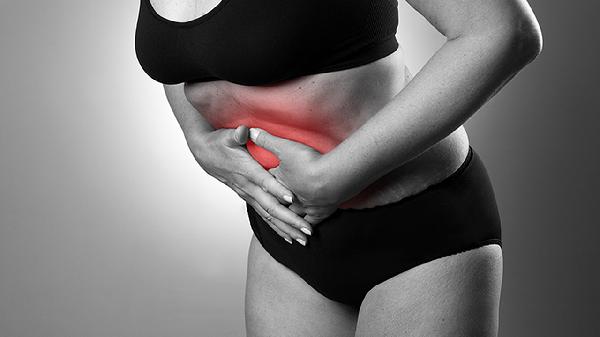Menstruation is also known as a period, Aunt Flo, etc., and in traditional Chinese medicine, it is referred to as menstrual blood. The normal duration of menstrual bleeding for women is generally 2-7 days, with a total blood loss of 30-50ml per cycle. However, in real life, many female friends experience abnormal menstrual cycles or bleeding amounts, such as early menstruation, delayed menstruation, excessive menstruation, scanty menstruation, or amenorrhea. In traditional Chinese medicine, this is called menstrual disorder, which is a common gynecological disease.

The causes of menstrual disorders can be divided into the following:
1. Neuroendocrine dysfunction: Mainly due to instability or defects in the hypothalamus-pituitary-ovary axis, known as menstrual disease.
2. Organic lesions: Including local inflammation, tumors, and developmental abnormalities in the reproductive organs; intracranial diseases; other endocrine dysfunctions such as thyroid, adrenal cortex dysfunction, diabetes, Sheehan's syndrome, etc.; liver diseases; blood disorders, etc.
3. Emotional disturbances causing menstrual disorders: Abnormal emotions, such as long-term mental depression, stress, or major psychological trauma, can lead to menstrual disorders, dysmenorrhea, or amenorrhea. This is because menstruation is formed by the action of hormones secreted by the ovaries on the endometrium, and the secretion of ovarian hormones is controlled by hormones released by the pituitary and hypothalamus. Therefore, any dysfunction in the ovaries, pituitary, or hypothalamus can affect menstruation.
4. Cold stimulation causing scanty menstruation or amenorrhea: Cold stimulation during menstruation can cause excessive contraction of blood vessels in the pelvic cavity, leading to scanty menstruation or amenorrhea. Therefore, women should pay attention to keeping warm and avoiding dampness during menstruation.
5. Dieting causing menstrual disorders: A girl's body fat must account for at least 17% of her body weight to experience menarche, and at least 22% to maintain a normal menstrual cycle. Excessive dieting, due to insufficient energy intake, leads to the consumption of a large amount of body fat and protein, resulting in impaired estrogen synthesis and significant deficiency, affecting menstruation, including scanty menstruation or amenorrhea. Therefore, women who pursue a slim figure should not blindly diet.
So, does menstrual disorder affect pregnancy?
Menstrual disorder affects ovulation and thus conception. Normal menstruation is a sign of normal development and function of the female internal reproductive organs. If menstruation is early or delayed, shortened or prolonged, with excessive or insufficient blood flow, it indicates endocrine disorders.
Additionally, why does menstrual disorder affect fertility?
1. Menstrual disorder affects normal ovulation: Menstrual disorder directly affects a woman's normal ovulation, with anovulatory cycles being the most common. Since there is no ovulation, it inevitably affects fertility. Anovulatory cycles are mainly characterized by menstrual cycles shorter than 21 days, infrequent menstruation, prolonged menstrual bleeding, or excessive menstrual flow.
2. Underlying diseases that hinder egg and sperm interaction: The main causes of menstrual disorders are gynecological diseases, such as pelvic inflammatory disease, adnexitis, endometritis, salpingitis, ovarian inflammation, uterine fibroids, ovarian cysts, polycystic ovary syndrome, etc. These gynecological diseases affect or even hinder the interaction of eggs and sperm, thereby affecting fertility.
Therefore, for female friends, when the body shows signs of menstrual disorder, it is important to take it seriously, find the cause in time, and treat it accordingly.
























